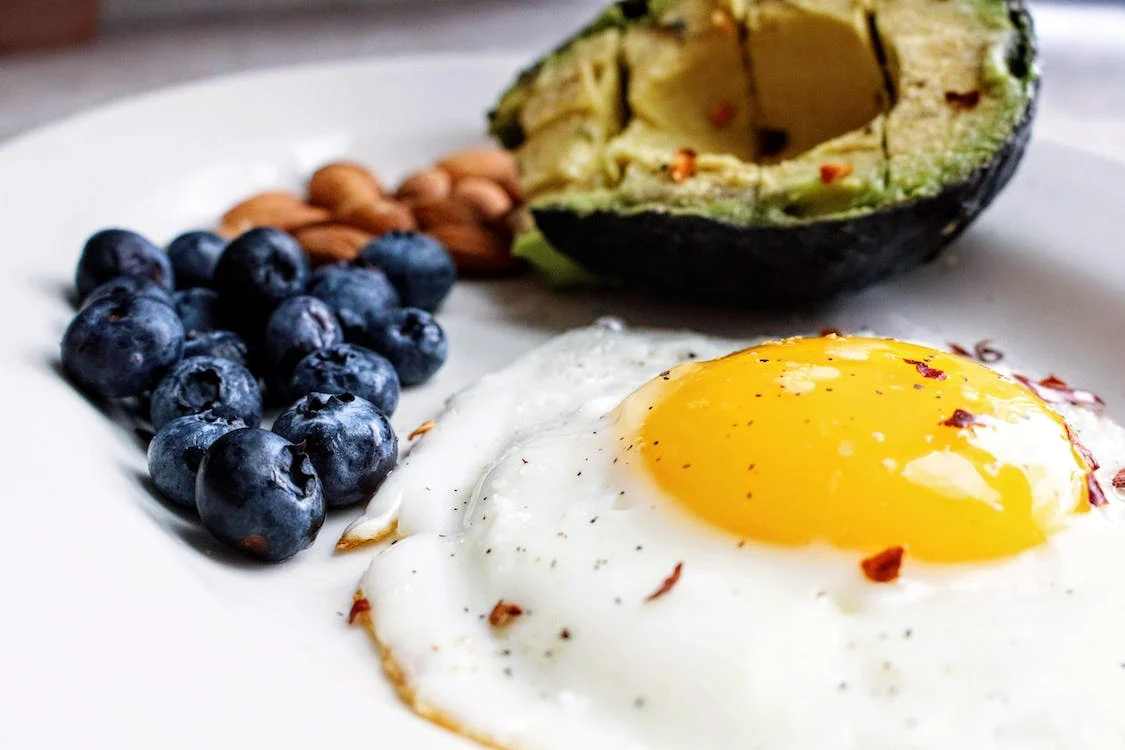I came across an Info-Graphic on Pinterest and it kinda stuck with me. It listed out the reasons a person would only lose 10 pounds versus what it took to lose 50 pounds.
And – as usual – I agree with parts of it, and other parts I don’t.
So, Part 1 is Losing 10 Pounds. What does that look like?
This is what was written on the infographic:
- Mindlessly follows a diet for 2 months and then gives up because it was too restrictive.
- Tries Shakes and Supplements to lose the weight.
- Start exercising at a high intensity doing exercises you don’t really like, but think you SHOULD, for about 2 months before giving up.
- Stop snacking for 2 months but go back to snacking after giving up on the diet.
- Using willpower to stop eating when you’re full, despite wanting to keep eating.
- Focuses on “losing weight” and not thinking about the contributing habits and behaviors.
So, my thoughts on this list.
Following a Diet for 2 months and Giving up because it’s too Restrictive – I agree.
There are studies out there by people who are a lot smarter than me that show following restrictive diets don’t work. And I sound like a broken record, but they don’t work like 85%-90% of the time. So, yes, you will lose SOME weight, but if you don’t stick with that diet or change your eating habits, and go back to the way you used to eat, you’re going to gain most (if not ALL) of the weight back.
Trying Shakes or Supplements to lose weight – I partially agree.
Taking a multi-vitamin if you don’t already have a healthy eating pattern
can help with possible nutrient deficiencies. But taking unnecessary supplements (no nutrient deficiency present) in the hopes of helping with weight loss can actually be dangerous. Replacing a meal with a shake or
as an addition to your meals that day (extra protein) isn’t necessarily bad,
but if you’re doing it all the time, it will eventually stop working because,
again, too restrictive.
Exercise at a High Intensity, Doing Exercises you don’t Like, and Quitting after 2 Months – I agree.
In fact, I feel this one intensely. As a health coach, I’m almost embarrassed to admit, I DON’T LIKE EXERCISING. I like moving. I like going for walks. I like doing toning exercises. I like dancing. I like biking, swimming, following trails. I don’t like “exercise”. I don’t like to sweat it out. I don’t like no pain, no gain. Forcing yourself to do something you don’t like, especially if it’s painful or you think it sucks, is going to make you quit.
Stop Snacking, but Go Back to Snacking after 2 Months – I disagree, sort of.
If you’re having a cookie, not necessarily a problem as long as it’s
not the size of your face, once in a while is okay. Having a BOX of cookies is
not okay. Shoot for healthy snacks, but an occasional unhealthy snack isn’t the
end of the world.
Using Willpower to Stop Eating When You’re Full – I agree, mostly.
You only have a limited amount of willpower each day, scientifically proven fact. Relying on willpower to stop or start doing ANYTHING is not going to work long term. It usually won't even last until the end of the day. But stopping eating when you’re full IS an important key to weight loss/maintenance. Finding a way to create the habit of stopping when you’re 80% full should be the goal.
Focusing On “Losing Weight” rather than Habits and Behaviors – I agree.
I’ve blogged about this topic before and I whole-heartedly
agree that trying to lose weight is ineffective when you’re not creating the
habits and behaviors that will get you there and LAST. Are you going to stop
eating bread forever? Is your food regime going to consist of avocados, eggs, bacon,
and cheese for the rest of your life? If so, AWESOME! That’s great. But if you
ever want to eat bread again, or want more variety than eggs, cheese, and
avocado every day, you’re going to have to create healthy food habits that WORK
FOR YOU in the long-run. Same with movement. If you are creating the habit of working
out 4 or 5 times a week for an hour or more, that’s amazing and you should be
thrilled! If that is NOT a sustainable pace for you, you need to find what IS
sustainable. Once you have figured out what you can CONSISTENTLY do, the tweaks
and adjustments can come later (adding weights, increasing intensity, distance
or time, etc.). The weight WILL come off. But doing things to “lose weight”
that you can’t do on a regular, every day basis is just going to backfire and
lead to frustration and failure.
If you try these techniques to lose weight, it's mostly correct that you may experience a temporary weight loss or a minimal weight loss. Everyone is different, and what DOES NOT work for one person might work very well for another. If you are able to replace your breakfast or lunch with a healthy protein shake, that might be what you need to help kick off your health and weight loss journey and sustain it. If you can add a fruit to your afternoon instead of a cookie or a brownie for a snack, kudos! You're doing great!
The important thing is to figure out what works best for you, and what you can make a consistent and sustainable part of your life.
If you would like to learn more about how to make health, wellness, and nutrition a regular part of your life and begin your health journey, Book a FREE Consultation Call with me to see how Health and Nutrition Coaching can help you.




Comments
Post a Comment